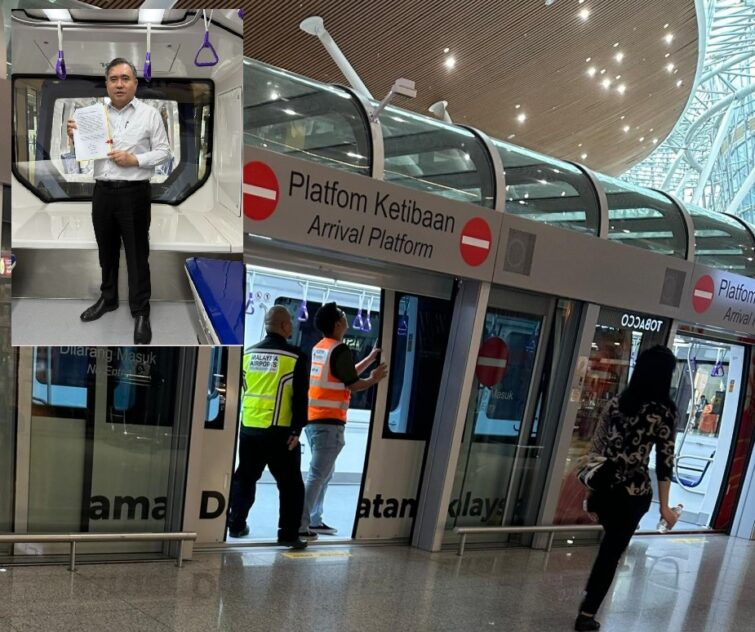MALAYSIA’S aviation sector is very much expected to face the brunt of prolonged impact of COVID-19 with lockdowns and borders closure impacting international travel, thus affecting the profits and margins of the industry players.
Domestically, the recent COVID-19 outbreak has negatively impacted air travel market vis-à-vis the implementation of full movement control order (FMCO) and enhanced movement control order (ECMO) with other regional countries also facing similar predicament.
“Judging from the current developments, we expect domestic travel within ASEAN countries to remain suppressed until end-2021,” projected analyst Daniel Wong in an aviation sector update.
“Gradual recovery can only be seen by mid-2022 with international border opening up while potentially meaningful recovery likely to happen towards end-2022/mid-2023,” he added.
With the lower international travel mix, airport operators will lose out as international travels command higher spending power and provide higher margins. Similarly, majority of airlines have been re-locating their capacities into domestic segment, hence facing stiff competition with limited flight deployment by the respective airlines (low asset utilisation).
“During current crisis, it is utmost important to ensure strong balance sheet and enough cash flow for the day-to-day operations until the sector recover from the pandemic (potentially by mid-end 2022),” opined Hong Leong Investment Bank (HLIB) Research.
In this regard, Malaysia Airports Holdings Bhd (MAHB) has reported a relatively healthy balance sheet position with RM6.9 bil shareholders’ equity, cash (RM1.6 bil), short term debt (RM107 mil) and short term lease liabilities (RM23 mil) during its recent 1Q FY2021.
“We do not foresee the need for MAHB to raise cash via cash call exercises even if the crisis prolong until mid-2022,” projected the research house.
Conversely, AirAsia Group Bhd has proposed rights issue of seven-year redeemable convertible unsecured Islamic debt securities (RCUIDS) with free detachable warrant to raise up to RM1 bil cash.
“As forewarned by the management, the RM1 bil will only serve as interim measure to address the near-term cash flow requirements of AirAsia and more exercises/actions still need to be done to improve the group’s financial performance in the longer term,” cautioned the research house.
Based on 1Q FY2021, AirAsia reported -RM1.6 bil shareholders’ equity (excluding -RM2.6 bil minority interest), cash (RM448 mil), short term debt level (RM847 mil) and short-term lease liabilities (RM4 bil).
All-in-all, HLIB Research maintained its “sell” rating on MAHB with an unchanged target price of RM4.88 based on sums-of-part (from discounted cash flow previously).
“MAHB is expected to remain in the red in the near term as the hopeful recovery of air travel (especially in Malaysia) remains a concern,” projected the research house. “Nevertheless, the management has secured enough liquidity until 2021-2022.”
Additionally, HLIB Research also retained its “sell” recommendation on AirAsia with an unchanged target price of 56 sen based on eight times price-to-earnings ratio (PE) tagged to FY2023 earnings per share (EPS).
“While we are positive on the group’s progress in the development of AirAsia Digital and the potential listing of the unit in US stock -exchange, we reckon its aviation segment is still in dire situation,” suggested the research house.
“We remain concerned on the current negative equity position and the proposed cash call exercise while there is still ongoing uncertainty on COVID-19 as well as the ‘new normal’ affecting the Government’s decision to allow air travel within its geographical operations.” – July 14, 2021









